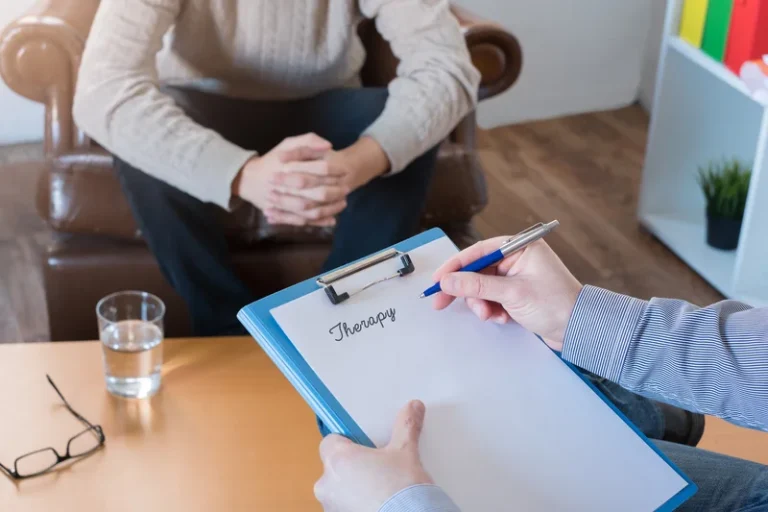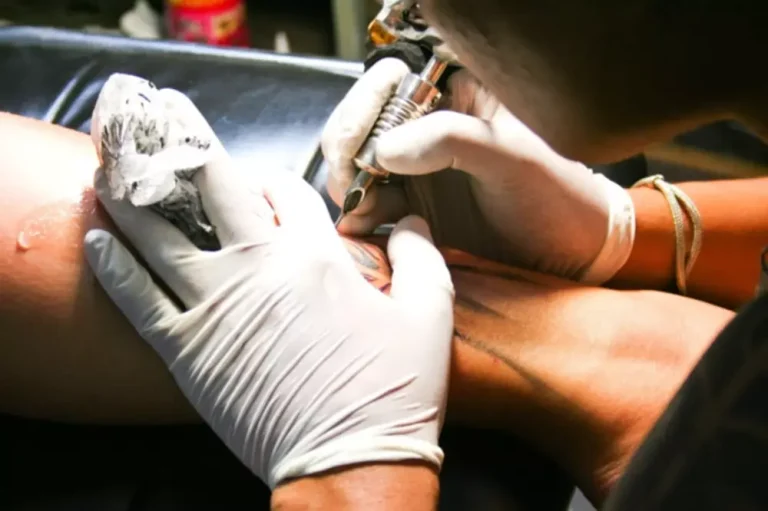
This can lead to a neglect of their own needs and desires, as well as a diminished sense of self-worth. Addressing the underlying causes of this fear through therapy, support groups, and other forms of counseling is vital for both partners to create healthy boundaries and foster a loving, intimate relationship. An important first step in helping your partner is understanding their substance use. By doing this, you are not only empowering yourself to make well-informed decisions, but you are also ready and equipped with information when your partner decides they are ready to seek help.
Family / Youth
Two drug addicts in love isn’t a healthy relationship, even if they adore each other. For example, studies show that sleep deprivation is linked to a range of social and emotional problems, including depression, anxiety, social withdrawal and lack of motivation. Setting a consistent, adequate sleep schedule can help you get the rest you need to function your best and cope with the challenges of having a loved one with an addiction. It’s also important to manage expectations for yourself and other family members. Families in early recovery may make mistakes, and they may not be their ideal selves, but they can still enjoy their time together and actively support one another.
What are codependent relationships?
Many develop depression and find that their interactions with the addicted person affect their future relationships. However, it’s still possible for your partner to recover from their addiction. Many people who recover from addiction live happy, healthy, and fulfilling lives. Rather than staying silent and fuming, loving an addict families that speak up are doing something to make things better. Those conversations could not only have a wonderful impact on a family’s spirits but also positively impact their communities. A family meal allows everyone to reconnect at the end of a day that may have been stressful, lonely or upsetting.
How to Get into Alcohol Rehab: A Comprehensive Guide
Codependency is a very demanding relationship, where one partner needs a lot of assistance and care from the other. This kind of relationship usually involves extreme physical or emotional dependency on the part of the addicted person. This dynamic can lead to the neglect of one’s own well-being, potentially resulting in depression, low self-esteem, health issues, and even the potential onset of a more serious mental illness.

From alpacas to miniature cows, animals can add a ‘wild’ touch to your wedding day
- Addiction not only involves the individual suffering from the substance use disorder, but their partner, their family, and their friends as well.
- Research has indicated that as much as 50% of individuals with substance use disorders may have a co-occurring mental health disorder.
- Starting off the day with a brisk run or ending the workday with a few laps in the pool may not be every family’s idea of a great time, but these exercise sessions could deliver considerable benefits.
- Family First Intervention works with the family of the addict to help educate them and create self-awareness.
- That’s why, in addition to taking steps to help get your loved one into a treatment program, it’s important for family members and friends to have a good understanding of addiction while also continuing to take care of their own health.
- Addicts often experience a fear of intimacy, which impedes their ability to love and be loved in romantic relationships.
They could also be hooked on eating, shopping, gambling, a dysfunctional relationship—or bird-watching. Researchers drew parallels between the way a person in love and a person addicted to a substance might act. People in both groups might experience emotional dependency, cravings, mood swings, compulsions, obsessions, and loss of self-control. When you are in love, your brain releases chemical messengers that make you feel good, like dopamine.

For instance, if they tell you they think they have alcohol use disorder, don’t respond by saying “Come on, you don’t have a drinking problem.” The more knowledge you have about addiction, the better you’ll be able to communicate. Learn more about addiction from reliable medical sources, and try to understand your loved one’s point of view. For instance, people often use the word “clean” to describe someone drug-free.
One partner grabs a burger on the way home, the other snacks on a salad at work and the kids heat up ready-made foods they can find in the freezer. Remain consistent in your message so your loved one doesn’t misunderstand what you want or expect of them. An important part of communicating is listening to what the other person has to say. When someone with addiction confides in you, listen without interrupting or criticizing. Jacob said “the biggest question” he had gotten from families vis-à-vis loved ones was whether to pay their credit card bills, out of fear their loved one might ruin their credit. Recognizing these characteristics is crucial in addressing codependency and working towards a healthier, more balanced relationship dynamic.

That said, Saltz notes they might commonly use therapy approaches like cognitive behavioral therapy (CBT) and dialectical behavioral therapy (DBT). According to a 2021 study, certain stages of romantic love can cause an experience that resembles withdrawal. But if pervasive thoughts about a particular person, or the idea of love in general, start to negatively affect your job, schoolwork, sleep, or any other areas of your life, that may pose some cause for concern.



0